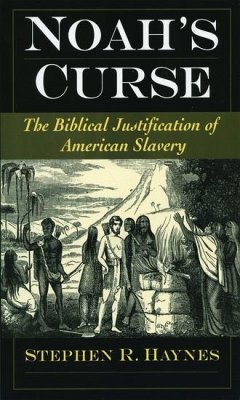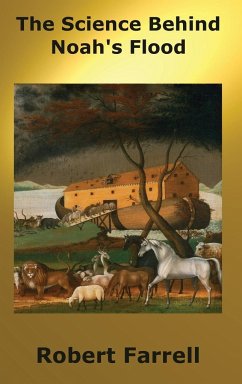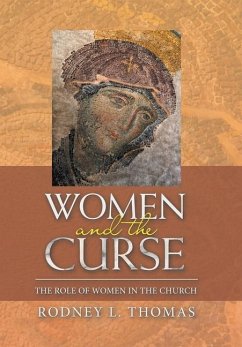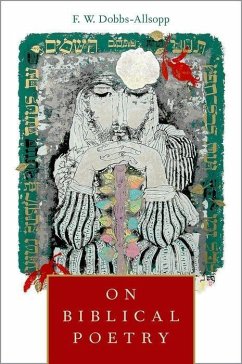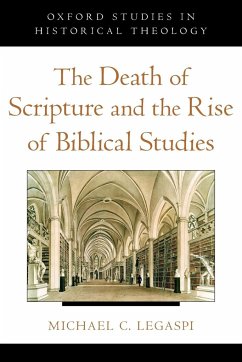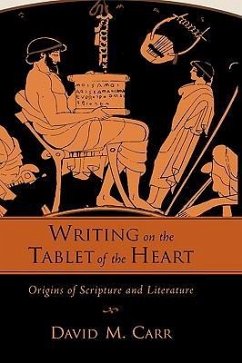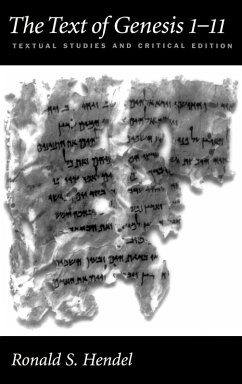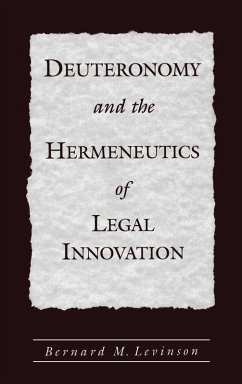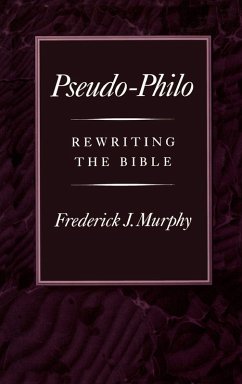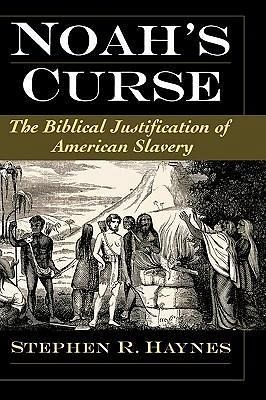
Noah's Curse
The Biblical Justification of American Slavery
Versandkostenfrei!
Versandfertig in 1-2 Wochen
93,99 €
inkl. MwSt.
Weitere Ausgaben:

PAYBACK Punkte
47 °P sammeln!
"A servant of servants shall he be unto his brethren". So reads Noah's curse on his son Ham, and all his descendants, in Genesis 9:25. Over centuries of interpretation, Ham came to be identified as the ancestor of black Africans, and Noah's curse to be seen as the biblical justification for American slavery and segregation. In this book, Stephen Haynes examines the history of the American interpretation of Noah's curse. He begins with an overview of the prior history of the reception of this scripture and then turns to the distinctive and creative ways in which the curse was appropriated by American pro-slavery and pro-segregation interpreters. He argues that the story of Noah's curse was compelling for antebellum white Southerners because it resonated with the themes of antiquity, domesticity, race, and sin.




